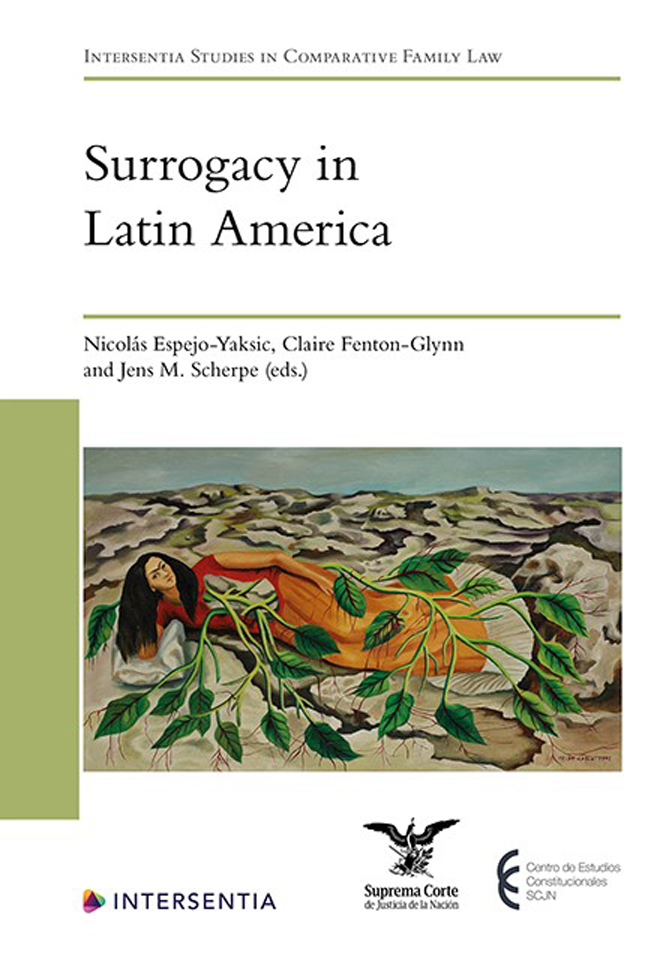Introduction
Published online by Cambridge University Press: 09 January 2024
Summary
1. SURROGACY: A GLOBAL PHENOMENON
Surrogacy has become a global phenomenon. Irrespective of whether one approves of surrogacy or not (or indeed, just some forms of it), it is undeniable that there is a global surrogacy market, and this market is being accessed by people from many countries, and in many countries, around the globe. Therefore, jurisdictions cannot avoid taking a position on surrogacy – it is a practice that affects the lives of individuals and couples, parents and children, all over the world. No country is immune, and the law ignores surrogacy at its peril.
This volume on surrogacy in Latin America, based on a joint research project by the Centre for Constitutional Studies (CEC) of the Supreme Court of Justice of Mexico and the Cambridge Family Law Centre, is a follow-up volume to a previous research project on “Eastern and Western Perspectives on Surrogacy”. This introduction draws on the ideas and thoughts developed for, and in, the Eastern and Western Perspectives on Surrogacy project. The idea underlying the project was to move beyond the general scholarly focus on “Western” jurisdictions, and compare them with the approach being taken in so-called “Eastern” jurisdictions (being aware of how difficult, imprecise and even inappropriate such categorisations can be). This volume, with its focus on Latin America, will further expand this project, bringing another perspective to this dynamic and fast-growing phenomenon.
One of the advantages of comparative research in this area is the ability to see the global picture, including examining the legal context in both “receiving” and “sending” jurisdictions. Jurisdictions from Latin America were not included in the original project, mainly because of the different pace of legal development in the region compared to those ultimately included in the project. However, surrogacy has become a more pressing issue in Latin America as well and, therefore, this volume intends to fill the gap that the previous work left and give an account of the different ways surrogacy has been addressed, or indeed not addressed, in Latin American jurisdictions.
- Type
- Chapter
- Information
- Surrogacy in Latin America , pp. 1 - 36Publisher: IntersentiaPrint publication year: 2023



